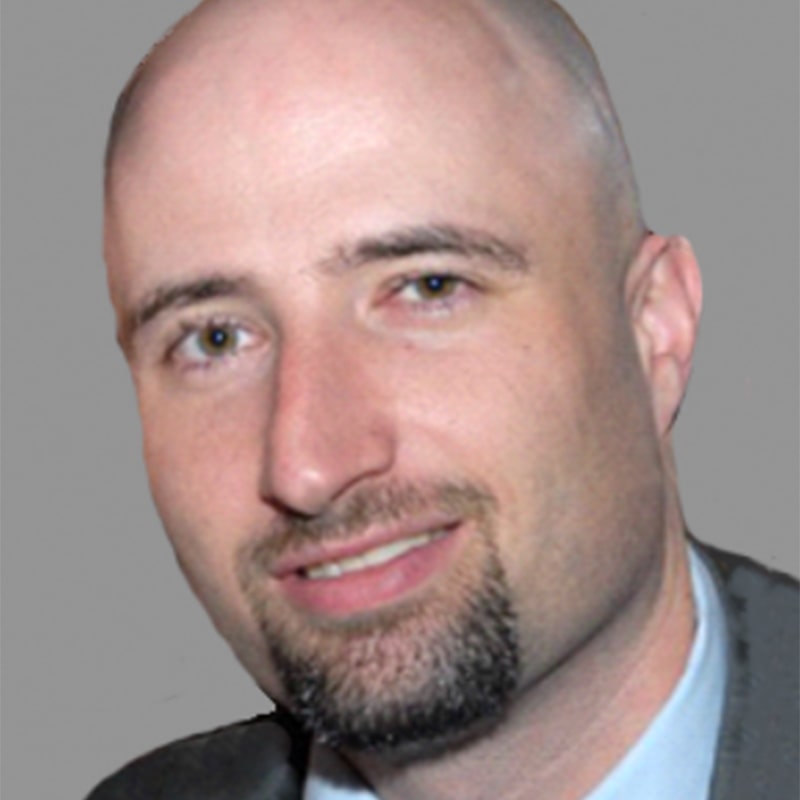Statistics & Data Science Master of Science in Applied Data Science (MADS)
Developing Industry-Valued Competencies in Our Students
The primary focus of our 9-month, two-semester professional master's degree is to develop industry-valued competencies in our students by emphasizing data analysis, statistical computing, and professional skills. A hallmark of our program is a small cohort size to best facilitate a high-touch, engaging student experience. Typical MADS cohort sizes will range from 25-35 students.
Students who are an ideal fit for the MADS program desire a career in a fast-paced, high-growth industry in the United States immediately following graduation. The MADS program builds foundational skills in statistical computing and data analysis, and it is also intended to assist students in identifying and focusing on industries and positions relevant to their aptitudes and interests, navigating the job market, and positioning graduates to successfully navigate careers post-graduation.
The MADS Program prepares graduates to:
- Perform a complete and effective analysis of a real data set, choosing appropriate procedures and critically assessing the strengths/weaknesses at each step, and evaluating the validity of the results.
- Represent data, code algorithms, and competently use a sophisticated statistical computing framework.
- Use statistical theory to explain how a statistical methodology works, explain assumptions and limitations of a methodology, and to derive a reasonable statistical procedure that solves a statistical problem.
- Effectively and clearly communicate complex statistical ideas to a non-specialist -- orally and in writing, to adapt an analysis to their goals and to communicate results that address their questions. When possible, engage early enough in the collaboration to help the non-specialist design their data collection.
- Combine all of the component skills to plan and carry out a complete client-oriented data analysis project.
- Develop skills needed to succeed on the job, such as managing your career, navigating performance cycles, scoping and building a business case, group work/collaboration skills and project management.
MADS graduates have successfully gained positions as data scientists, data analysts, and data engineers in diverse industries such as banking, sports, health care, government, and tech.
The MADS Experience: A Collaborative Cohort
The MADS team commits to providing clarity, direction, transparency, and support as you embark on this next step in your life and career. Together, we will develop an environment of high achievement, thoughtful personal and professional development, and meaningful collaboration, with a culture of integrity and inclusiveness.
Before the Program
During the Program
After the Program
Meet the MADS Team
 Jamie McGovern
Jamie McGovern
Jamie joined the university in 2020 after more than 20 years in Management Consulting. He graduated from Rice University with a degree in economics and managerial studies, then embarked on a career working with global organizations across a variety of industries, including media & entertainment, financial services, consumer products, life sciences and biopharmaceuticals, energy & utilities, and industrial manufacturing. Over the span of his consulting career, he progressed from an entry-level analyst working on human capital strategy and technology, to a service line executive, managing director, and partner, responsible for solutioning, selling, and delivering global transformational engagements for some of the largest public and private sector entities in the world. Jamie’s international experience included project engagements and international assignments in Paris, London, Madrid, Málaga, Rome, Brussels, Vienna, Singapore, Tokyo, Beijing, and Sao Paulo. Internally, he was responsible for more than 80 direct and indirect reporting practitioners, and in his client-facing work he led diverse, cross-border teams of more than 100 practitioners engaged in the design and delivery of functional and technical solutions.
Jamie later co-founded and led a data science consultancy with a socially beneficial mission, creating career and mobility opportunities for historically underserved populations. That organization worked with supply chain, bio-pharma, and media & public relations entities to make their data useful by cleaning, consolidating, modeling, and visualizing large structured and unstructured data sets, in an effort to drive intelligent strategic decisions, optimize business processes, and create competitive advantages in the market.
To assist students, Jamie:
- Teaches Professional Skills for Statisticians I and Professional Skills for Statisticians II
- Counsels MADS students in the job search process and navigating a highly dynamic job market
- Meets with students one-on-one to discuss personal and professional goals
- Prepares students for technical interviews
- Helps students negotiate job offers
- Meets with prospective students
 Teraya White
Teraya White
Academic Program Manager, Master of Science in Applied Data Science
Teraya joined the university in 2020. She leverages 20+ years of experience identifying and developing resources to actively contribute to the region's emergence as an innovation hub and destination for top talent. Her work experience extends from higher education, human capital management, and talent acquisition. As the Academic Program Manager for MADS, Teraya works closely with current MADS students and prospective students. She is a champion for diversity, equity, and inclusion within the Dietrich College of Humanities and Social Sciences, expanding CMU's recruiting presence at Historically Black Colleges and Universities (HBCUs) and presenting educational opportunities to historically underrepresented groups at the American Statistical Society-sponsored StatFest conference. Teraya also assists with the popular Pittsburgh Women in Data Science conference (WiDS), featuring thought leadership shared by women speakers from academia and industry.
To assist students, Teraya:
- Connects students to the campus, curriculum, community, and careers
- Builds and maintains relationships with students from the full cycle of applicant to alumni
- Handles all student-related academic actions including registration, advising, and certification for graduation
- Serves as the first point of contact to handle all inquiries from prospective students
- Coordinates virtual information sessions for prospective students and admitted students
- Participates in recruiting activities to engage prospective employers
- Creates a weekly e-newsletter for all admitted students
- Onboards new students to the program
MADS Student Spotlight
The MADS program has gained recognition as a finalist in the 2024 NFL Big Data Bowl. A team of students—Shane Hauck, Marion Haney, Devin Basley, and Vinay Maruri—mentored by Assistant Teaching Professor Ron Yurko and football coach Ryan Larsen, developed a metric to analyze the defensive strategy of “setting the edge.” Their innovative work earned them a $12,500 prize and a chance to present at the NFL Scouting Combine.
This collaboration provided students invaluable experience in working with domain experts, enhancing their project and skillset. The research aims to quantify player contributions that often go unnoticed, showcasing CMU’s leadership in sports analytics. With over 50 past participants hired in sports data roles, CMU is a top choice for those seeking a career in this dynamic field.

MADS in the Community

We are committed to making a societal impact in the Pittsburgh and Southwestern Pennsylvania area. One of our community partners is AD99 Solutions Foundation. We also have presented at the Pittsburgh Public Schools to discuss the importance of STEM education.
The MADS team holds frequent virtual information sessions for prospective students - for more information please feel free to reach out to us at mads-admission@stat.cmu.edu.
Register for one of our virtual information sessions
